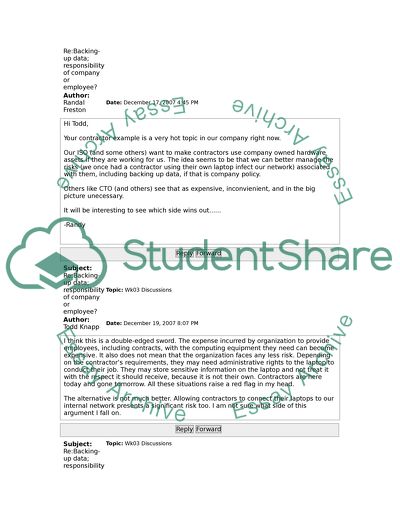Cite this document
(The Desktop Support Technician Assignment Example | Topics and Well Written Essays - 3250 words, n.d.)
The Desktop Support Technician Assignment Example | Topics and Well Written Essays - 3250 words. https://studentshare.org/information-technology/1531516-discussions
The Desktop Support Technician Assignment Example | Topics and Well Written Essays - 3250 words. https://studentshare.org/information-technology/1531516-discussions
(The Desktop Support Technician Assignment Example | Topics and Well Written Essays - 3250 Words)
The Desktop Support Technician Assignment Example | Topics and Well Written Essays - 3250 Words. https://studentshare.org/information-technology/1531516-discussions.
The Desktop Support Technician Assignment Example | Topics and Well Written Essays - 3250 Words. https://studentshare.org/information-technology/1531516-discussions.
“The Desktop Support Technician Assignment Example | Topics and Well Written Essays - 3250 Words”. https://studentshare.org/information-technology/1531516-discussions.


